Why Regular Calibration of Medical Equipment is Critical for Patient Safety
In modern healthcare settings, medical equipment plays a vital role in diagnosing, monitoring, and treating patients. These devices are designed to provide accurate measurements that healthcare professionals rely on for clinical decision-making. However, without regular calibration, the accuracy and reliability of this equipment can degrade over time, leading to potentially life-threatening errors. In this blog, we will explore why regular calibration of medical devices is crucial for patient safety and overall healthcare quality.

What is Calibration?
Calibration is the process of adjusting and verifying the accuracy of medical equipment by comparing its readings to known standards. Over time, factors such as wear and tear, environmental conditions, or frequent usage can cause a device to deviate from its standard settings. Regular calibration ensures that these devices provide precise readings and measurements as required by medical standards.
The Impact of Uncalibrated Equipment on Patient Safety
- Inaccurate Diagnoses and Treatments One of the most immediate risks of using uncalibrated equipment is incorrect medical data, which can lead to misdiagnoses. For example, an uncalibrated blood pressure monitor could display inaccurate readings, causing a healthcare provider to administer incorrect treatments. Similarly, miscalibrated infusion pumps can deliver improper medication dosages, putting patients at serious risk of overdose or underdose.
- Increased Risk of Medical Errors The use of medical devices such as thermometers, weight scales, and diagnostic imaging tools is essential in patient care. Inaccurate equipment increases the likelihood of medical errors, which can result in improper interventions. For instance, an inaccurate thermometer reading in a neonatal care unit can lead to incorrect treatment for a vulnerable infant. Calibration minimizes these risks by ensuring that the readings remain within the specified tolerance.
- Regulatory Compliance and Legal Obligations Healthcare facilities are subject to stringent regulatory standards set by bodies such as the FDA (Food and Drug Administration) in the United States or the MHRA (Medicines and Healthcare products Regulatory Agency) in the UK. Regular calibration is often a legal requirement, and failure to comply can result in hefty fines, penalties, or even loss of accreditation. By ensuring that all equipment is calibrated as per regulatory guidelines, hospitals can maintain their compliance, which in turn ensures patient safety.
How Often Should Medical Equipment Be Calibrated?
The frequency of calibration depends on several factors, including the type of equipment, its usage frequency, and manufacturer recommendations. For example:
- Critical devices like ventilators or infusion pumps may need more frequent calibration, especially in high-volume usage environments such as ICUs.
- Diagnostic devices used for imaging or laboratory analysis often require yearly calibration but might need more frequent checks depending on their use.
Calibration schedules should be part of an overarching preventive maintenance plan designed by the biomedical engineering team. Documentation of calibration is crucial for future audits and inspections, as well as for maintaining a high standard of care.
Long-Term Benefits of Regular Calibration
- Enhanced Patient Safety At its core, calibration ensures that medical devices are functioning as intended, providing accurate data for diagnoses and treatment. This directly protects patients from the risks associated with incorrect or delayed medical interventions.
- Prolonged Equipment Lifespan Regular calibration not only improves device accuracy but also helps identify potential issues early. Addressing these issues can prevent device malfunction, extending the life of costly medical equipment. This contributes to cost savings for healthcare facilities.
- Maintaining the Quality of Care Healthcare professionals depend on reliable data to make life-saving decisions. By prioritizing regular calibration, hospitals ensure that the quality of care provided to patients is consistent and meets the highest safety standards. This commitment enhances trust in the healthcare system and fosters better patient outcomes.
Conclusion
In the fast-paced environment of healthcare, precision and accuracy are non-negotiable. Regular calibration of medical devices plays a critical role in ensuring that hospitals provide safe, high-quality care. By maintaining properly calibrated equipment, healthcare providers can reduce the risk of medical errors, ensure compliance with regulations, and ultimately, protect patient lives.
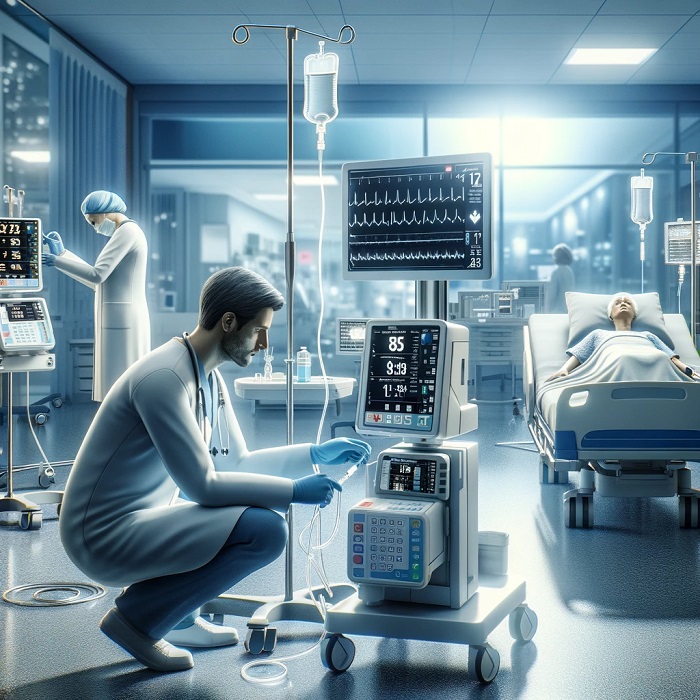
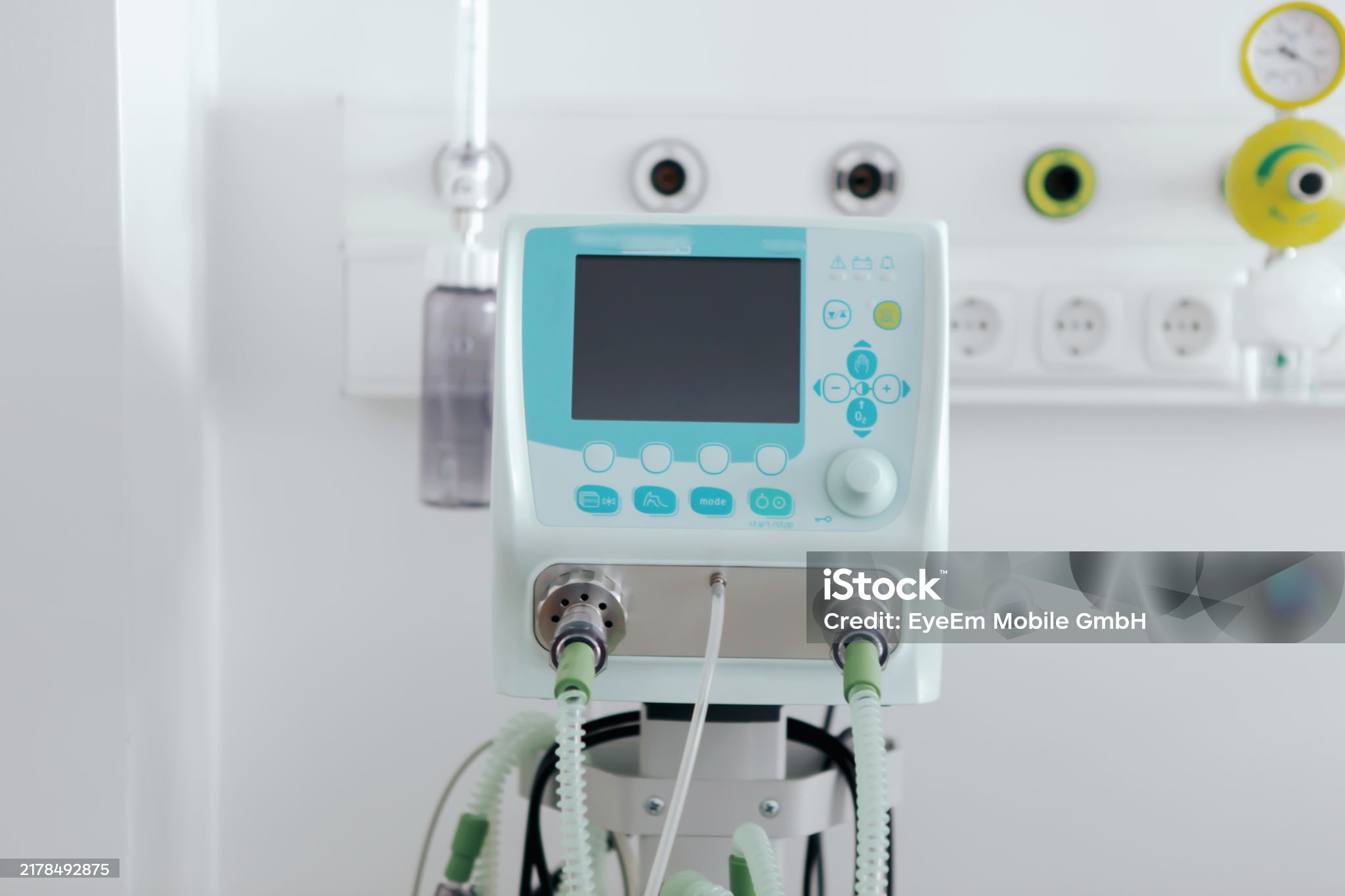
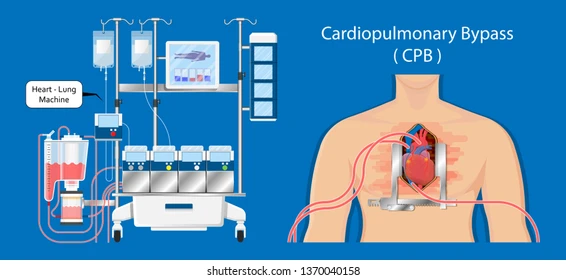
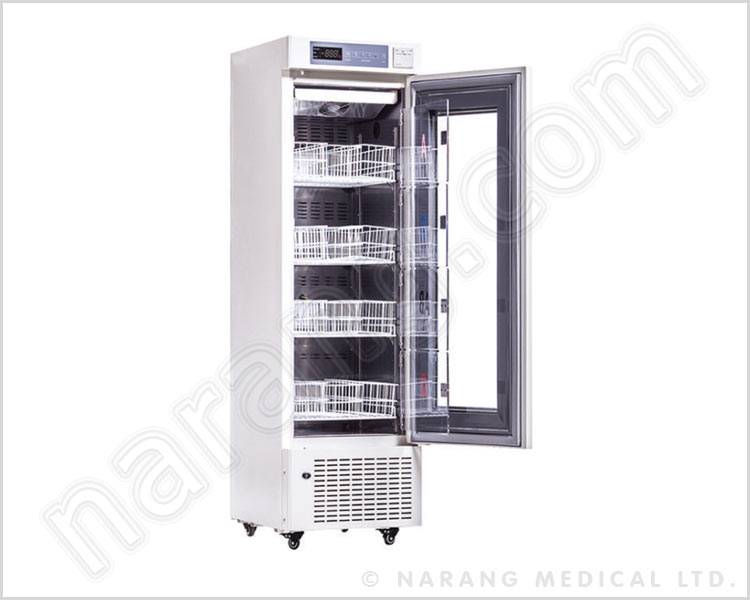
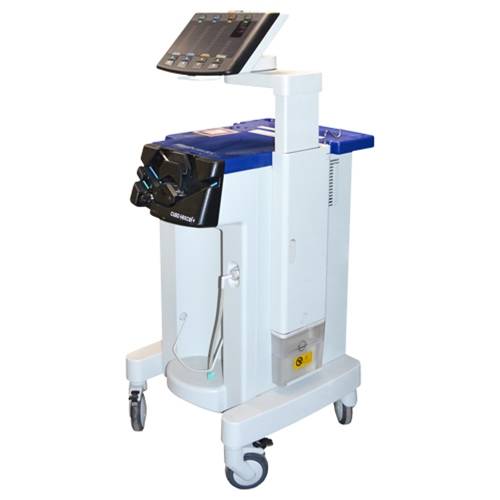
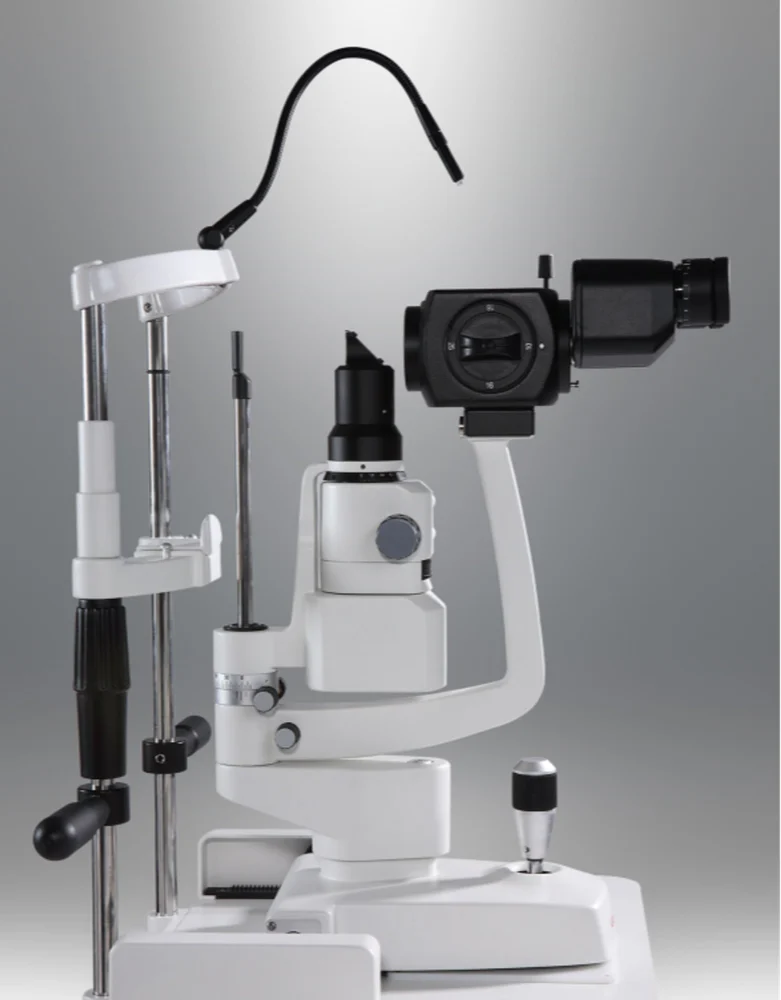
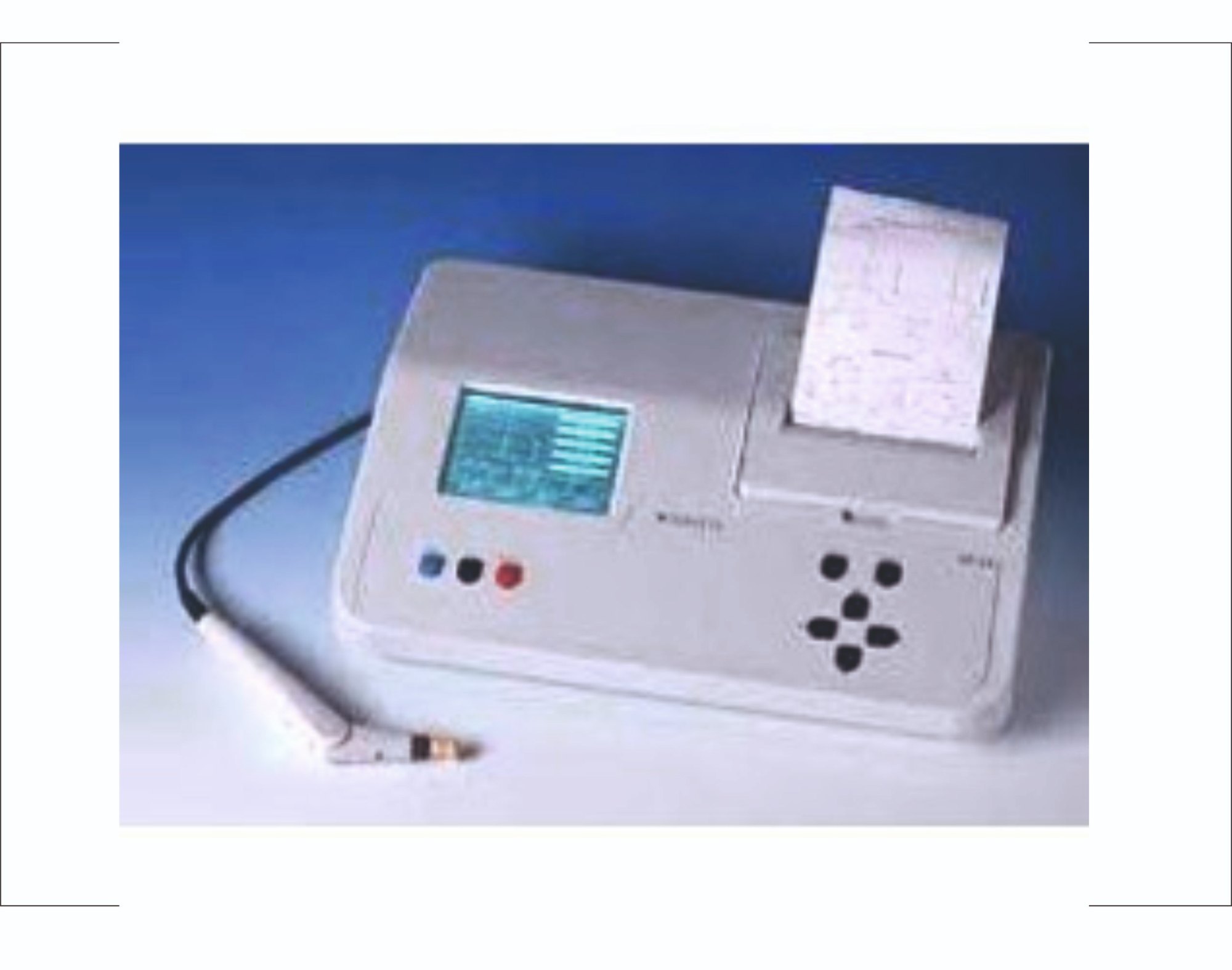
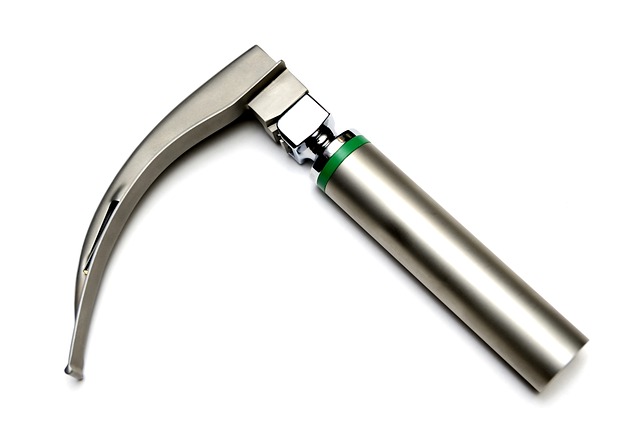
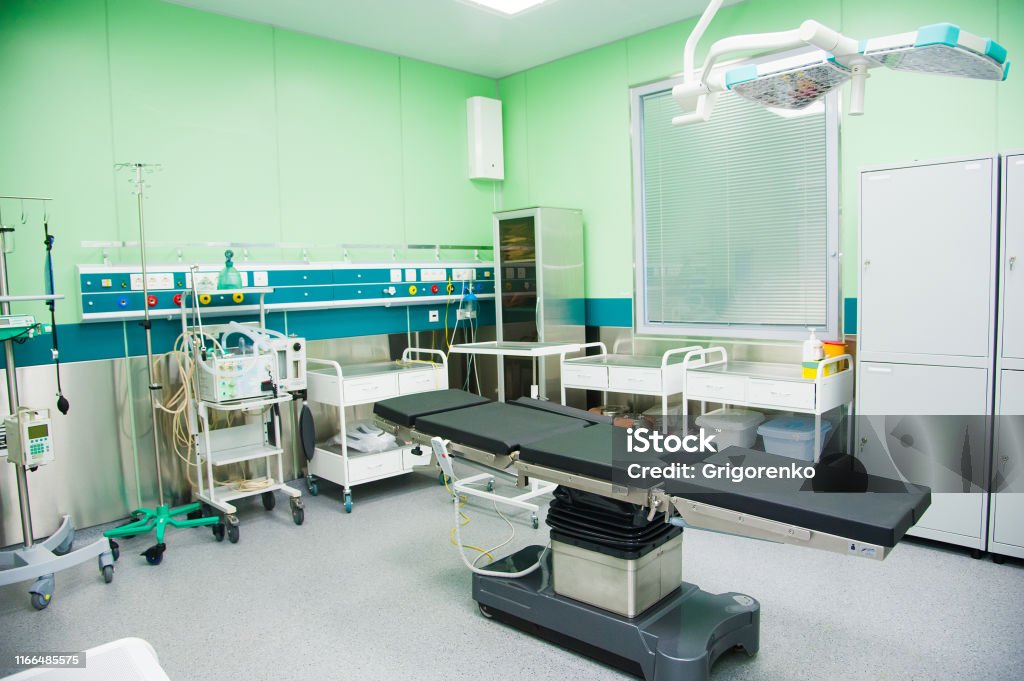
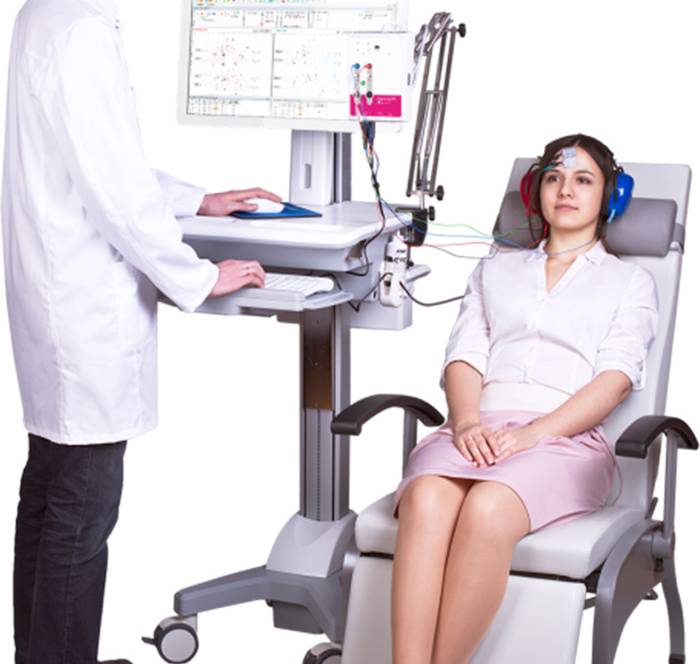
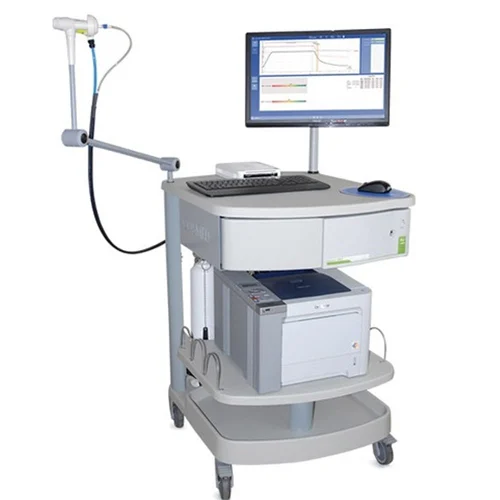


Hairstyles
The articles you write help me a lot and I like the topic